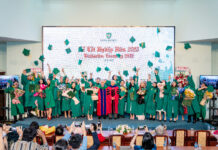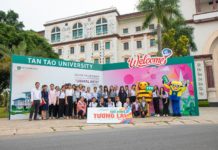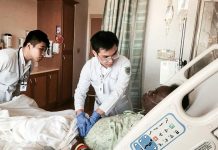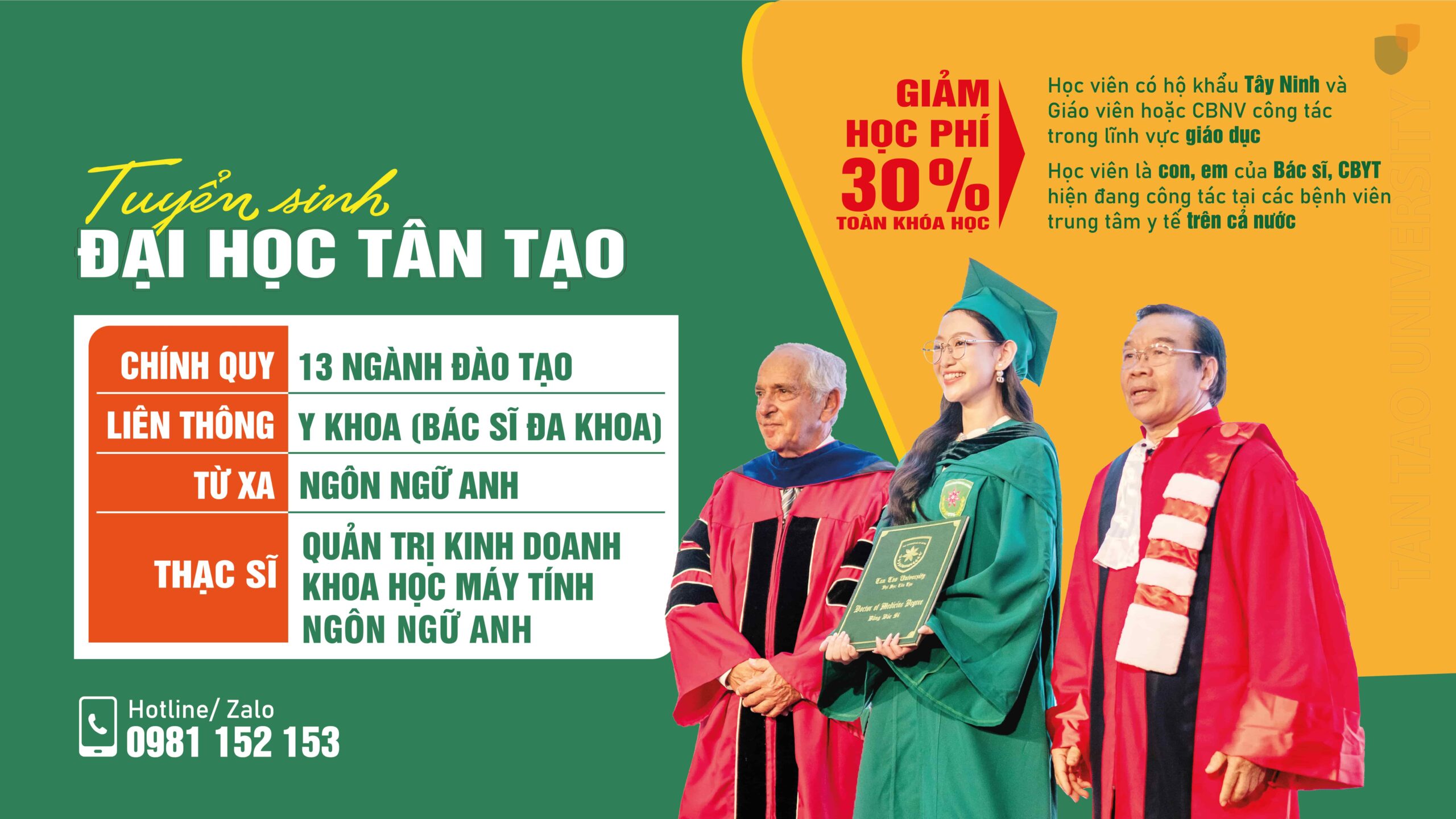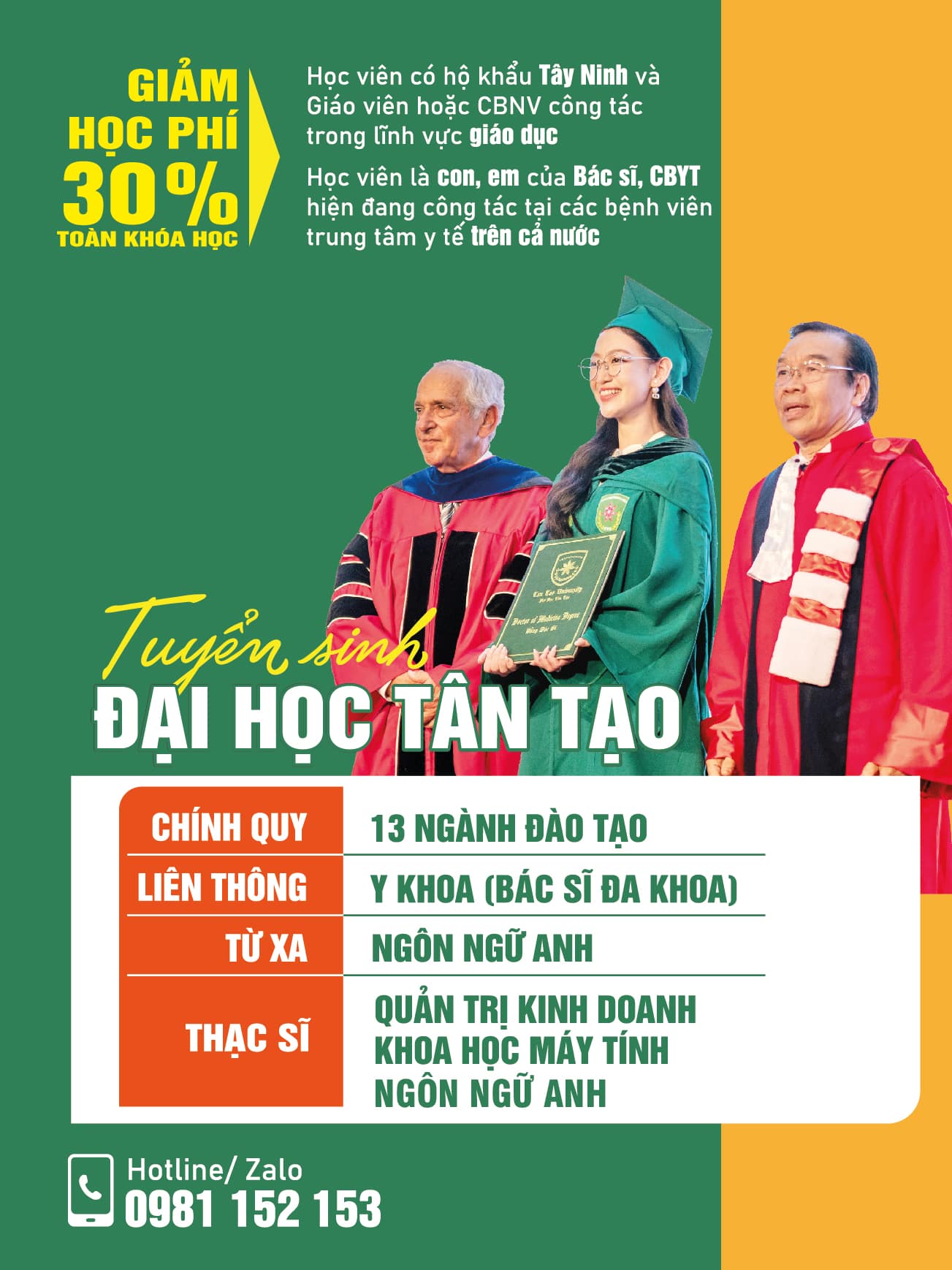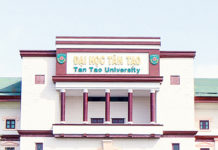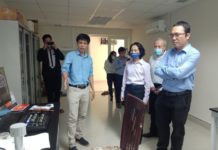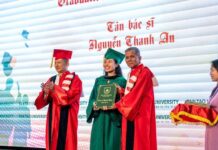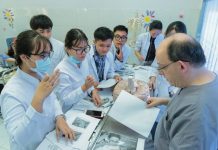PI: Tho Nguyen (Tan Tao University)
U.S. Partner: Brian Bingham (University of Hawaii)
Project Dates: August 2013 to July 2015
This project seeks to further the technical development of an inexpensive, long-term-field-deployable wave energy converter device (named the SEAWEED for “self-efficient, adaptable wave energy extraction device”). The primary purpose of the SEAWEED is to provide for the basic electrical needs of people living in underdeveloped and remote coastal communities in Vietnam and around the world. Wave energy converter technologies exist around the world today, mostly via large-scale projects requiring high amounts of government and corporate resource commitments and capital investments. This leaves a gap where underdeveloped and remote communities around the world are yet able to benefit from this source of energy. This research project focuses on developing the SEAWEED by increasing its mechanical and electrical efficiency through design and testing, reducing the cost of the device through testing various material or component supplementations, exploring potential capability expansion and uses (for example, as an ocean sensor platform), and conducting long-term field testing to explore the feasibility of widespread application.

Instruments for the SEAWEED project are lowered into the housing (Photo courtesy Dr. Nguyen)
The SEAWEED project is an innovative and novel endeavor to take wave energy conversion technologies from massive large-scale implementations to cheap, simple, small-scale applications that benefit the underserved sectors of the world. SEAWEED is a concrete effort toward combating global climate change through the use of renewable energy resources. While inroads have been made with developed countries’ initiatives into harnessing wave energy, these efforts have yet to reach underserved communities where the technology is, arguably, more needed. There is very strong potential for follow-up investigations into using the SEAWEED devices as distributed, self-sufficient sea buoys for the purposes of ocean surface monitoring and communication relays. Widespread ocean data collected from implementation of the SEAWEED worldwide may prove valuable to the broader ocean engineering and climate science community as a whole.
Summary of Recent Activities
During Tan Tao University’s recruitment campaign for the 2014-2015 academic year, the SEAWEED project served as a flagship research project to promote science and engineering education at the school. Personnel were present with the TTU display at the university fair in Ho Chi Minh City on February 16, 2014, and a similar event in Can Tho City held March 2. It is estimated that nearly 1,000 students visited the booth at the two events and received SEAWEED brochures. Tan Tao University’s open house on March 23 attracted more than 200 students.
In the field, the project team went forward with monthly one-day field test trips. The SEAWEED project had its first publication accepted and selected for presentation at an international conference. The abstract, entitled “Technical Development and Field Testing of the SEAWEED Micro-Wave Energy Converter for Development Application,” was presented at the Grand Renewable Energy 2014 International Conference in Tokyo July 27 to August 1. In addition, Dr. Dung Cao, one of the project team’s research scientists, participated in the “International Training Workshop on Big Data for Science” conference in Beijing July 4-20, 2014.
The project team is preparing for second-year field deployments. There will be at least two field tests to finalize a further design enhancement for SEAWEED. In addition, the team will be conducting a pre-test economic and livelihood assessment survey with the assistance of faculty at the TTU Business School. Dissemination materials, in the form of a blog and training materials for local inhabitants, are in development, and links to the project’s new YouTube video and Facebook page are available below.




